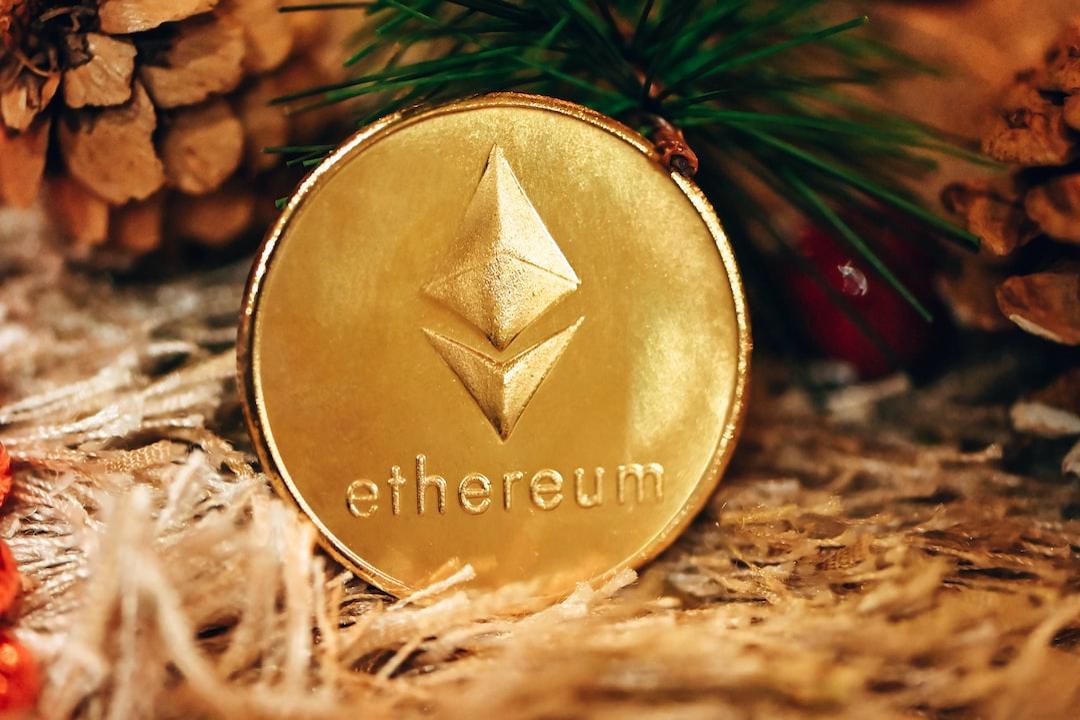Digital asset management company Grayscale believes that Ethereum may become the market focus as the final decision date on the SEC’s application for an Ethereum spot ETF approaches in May. Additionally, the Dencun upgrade scheduled for March 13 is expected to help Ethereum compete with other smart contract platforms in terms of scalability.
Ethereum’s performance is gradually catching up
In a research report released by Grayscale on Friday (23rd), it was pointed out that Ethereum is facing increasingly fierce competition from other blockchains like Solana. The performance of Ether (ETH) in 2023 lags behind other smart contract networks such as Solana (SOL) and Avalanche (AVAX). Grayscale analyst Will Ogden Moore attributed this to Ethereum going through what he called the “adolescence” phase.
However, the analyst also acknowledged that factors such as Ethereum’s network security, total value locked (TVL), and its fee market have made the network “arguably the safest, most reliable smart contract platform and also the largest by market cap.” Grayscale highlighted the network’s leadership in transaction fees, TVL, dApp count, and weekly developer count, as well as its lag in transaction numbers.
Data as of February 1, 2024, source: Artemis and Dapp Radar
According to Ogden, Ethereum is facing issues such as slow transaction speeds, low throughput, and high user costs in its so-called “adolescence” stage. However, Ethereum’s core developers are working towards realizing the vision of “Ethereum 2.0” through a series of upgrades to address these user cost and scalability issues.
Grayscale believes that Ether (ETH) has several positives, including upcoming upgrades, net currency supply contraction, network revenue creation, the SEC’s decision on the Ethereum spot ETF application in May, and the increasing use cases leveraging Ethereum’s network security features. The analyst also mentioned the recent strong performance of Ether prices:
Heading towards maturity
The Grayscale report notes that the Dencun upgrade will significantly reduce the cost of Rollups transactions, which is expected to impact the usage of Layer 2 networks like Arbitrum and Base. At the same time, this upgrade will also strengthen Ethereum’s role as a settlement layer, a position that was previously challenged by emerging solutions like Celestia.
The report states:
Transaction fees of different smart contract platforms (data source: L2fees.info, Messari)
Grayscale also believes that the rise of solutions like Eigenlayer may bring the vision of “security as a service” to more projects.
In conclusion, the institution notes that Ethereum is at a critical turning point, preparing to transition from adolescence to maturity. The Dencun upgrade and the broader Ethereum 2.0 plan “mark a significant milestone on Ethereum’s path to becoming a more scalable, efficient, and user-friendly platform.” The report concludes:
Data sources
Related reports: “S&P Global: Ethereum spot ETF may increase Ethereum’s concentration risk,” “SEC further delays Invesco’s Ethereum spot ETF application; Analyst: Not surprising, May is the key!,” “Next steps for Ethereum: Cancun upgrade, Layer 2 Rollup set to explode?”

